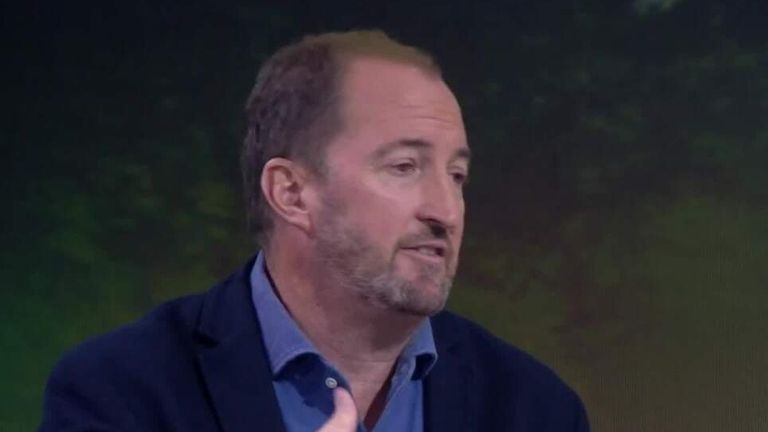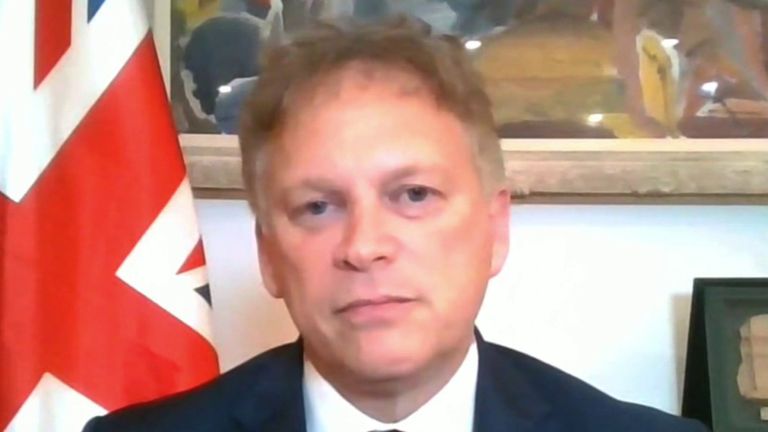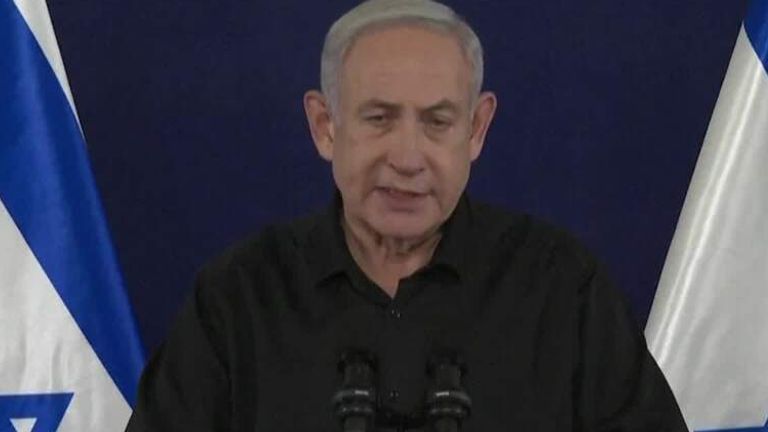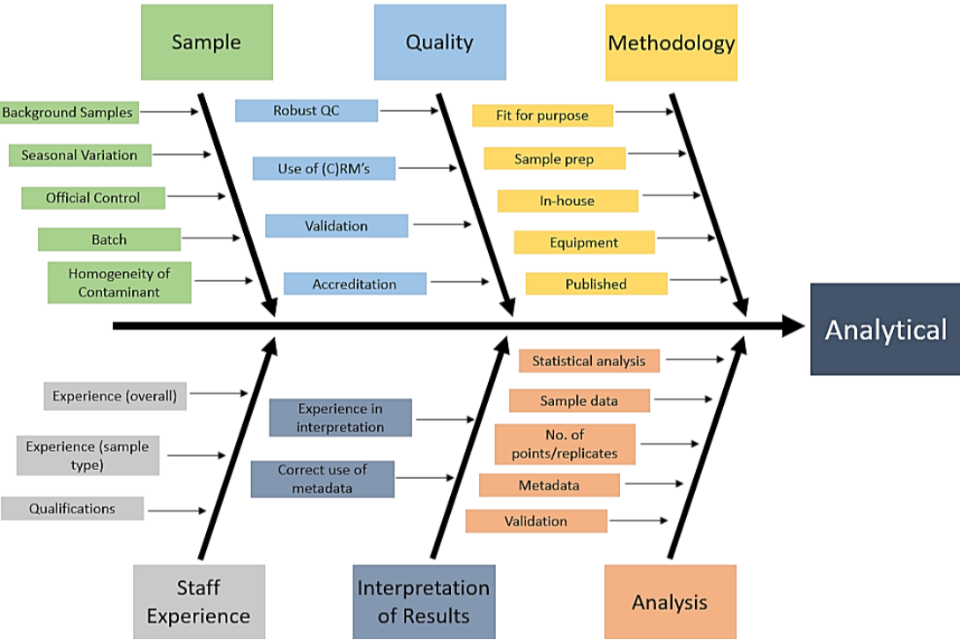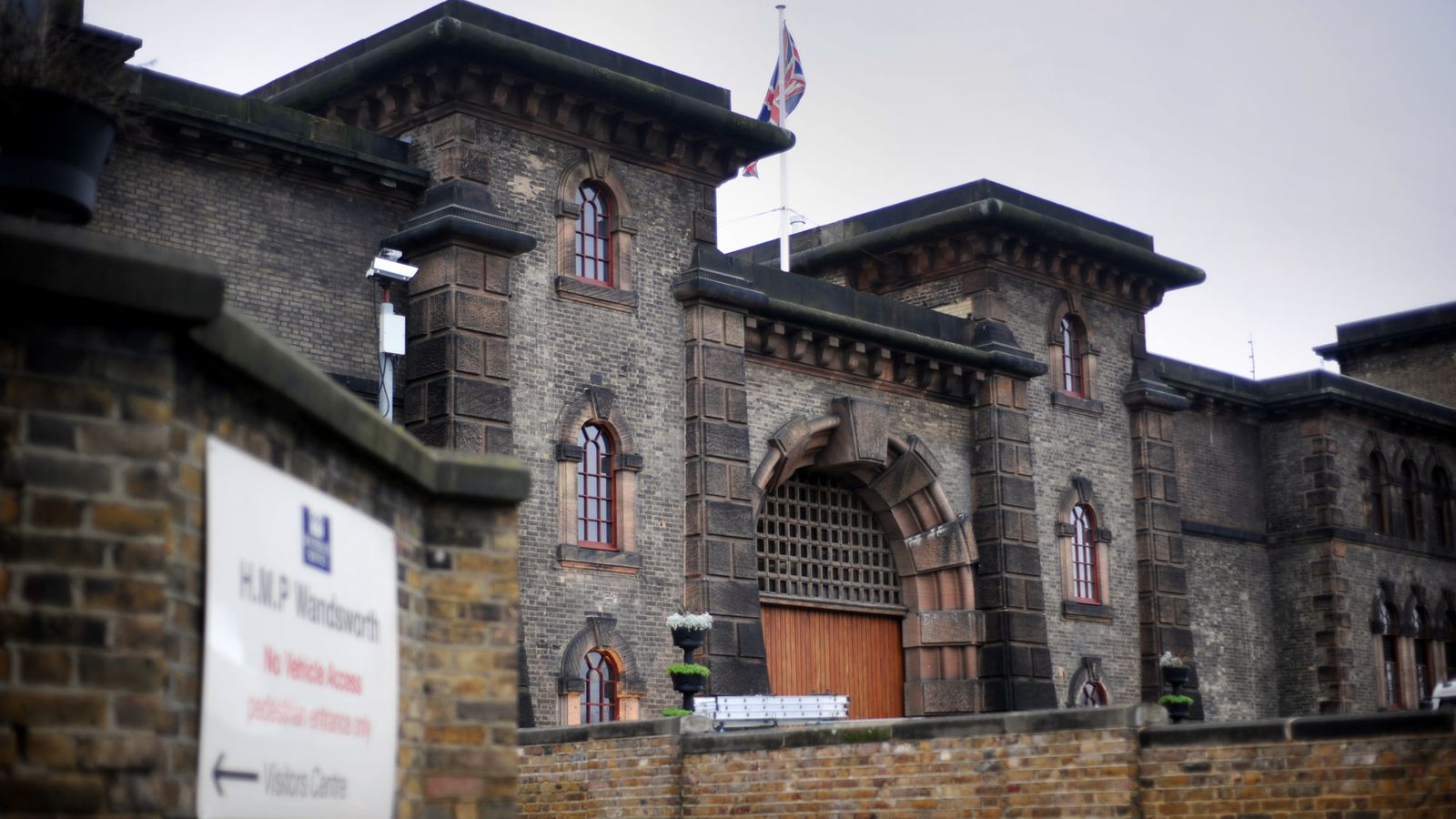BBC defends appearance of Tim Davie at 1922 committee of Tory MPs amid row over Israel-Hamas war coverage | Politics News
The BBC has defended the appearance of its director general at the 1922 committee of Tory backbenchers where anger was expressed over the corporation’s coverage of the Israel-Hamas war.
Tim Davie addressed the committee of Tory MPs this evening in what has been regarded as an unusual move.
Speaking to journalists before and after the meeting, a BBC spokesperson said Mr Davie visited the committee after it was arranged in July as part of regular discussions with parliamentarians.
The spokesman said Mr Davie would have “tackled head-on some of the criticisms that he will undoubtedly have had in the room” and stressed “why the institution matters”.
Explaining Mr Davie’s decision to attend, the spokesman said: “We were invited back in July. We were happy to accept. We meet parliamentary groups all the time from all different parts of the political spectrum.
“It’s a good thing to do – the BBC is happy to come and account for itself and to debate the issues.”
Politics latest: ‘Not right’ to call for Israel ceasefire, Shapps says
Asked whether he believed the appearance could be seen as controversial, the spokesman replied: “Senior people from the BBC have appeared in front of this committee before…so it’s not breaking new ground.”
The meeting could also regarded as controversial among some given Mr Davie stood to be a Conservative candidate in council elections in 1993 and 1994.
His appearance comes as the BBC faces criticism for its coverage of the conflict in Israel and Gaza, in particular the corporation’s decision not to refer to Hamas as “terrorists” without attributing the word to others using it.
However, the BBC has moved away from labelling Hamas as “militants” and is instead describing the group as a proscribed terrorist organisation by the UK government and others.
“We think that that phrase [militants] is less useful in the context we’re in now than it was before, and we will always look at what we do and how we do it,” the spokesman said.
“Nothing is set in stone, but the principle of ascribing terminology to those that are using is an important one for us.”
Asked by Sky News whether the BBC was “taking direction” from the committee on the language it used regarding Hamas, Mr Davie replied: “Absolutely not. We set out own independent editorial direction and that’s what we do.”
One former Tory Cabinet minister told Sky News that the meeting with Mr Davie was “very frosty”.
They said: “The meeting ended just as he declined to agree to Robert Jenrick’s [immigration minister] call for clear language on calling Hamas terrorism, by which time he had lost the room.”
Another Conservative MP branded it a “total waste of time” and said they had “never heard so much bulls*** in my life”.
Jonathan Gullis, the Tory MP for Stoke-on-Trent North, described the meeting as “tone deaf”.
“It wound more colleagues up,” he said.
“The BBC has got itself in a ridiculous hole. It feels like the director general of the BBC doesn’t watch the BBC.”
The spokesman also confirmed that the BBC is launching assessments of its migration output and its editorial guidelines, but said these were part of standard procedure and had been planned before the 1922 committee meeting.
Read more:
Rishi Sunak pushed to back Israel-Hamas ceasefire – as UK sends first flight of aid for Gaza
UN chief ‘shocked by misrepresentations’ of his comments after Israel anger
Giving the reasons for not calling Hamas terrorists directly, the spokesman told reporters: “The BBC’s position is that when we use the word, we ascribe it to whoever’s characterised them in that way.
“So we make clear that the government has said that about Hamas. That’s what we do.
“The reason why the BBC doesn’t make the judgment is that it’s not for us as a news organisation to ascribe any organisation as anything.”
